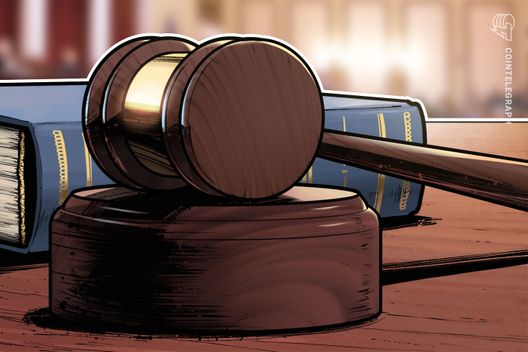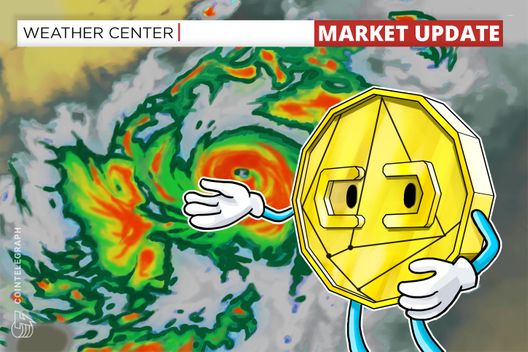The United States Securities and Exchange Commission (SEC) has frozen the assets of Meta 1 Coin, an alleged crypto scam backed by a former state senator that promised investors returns of up to 224,923% without ever having any actual tokens.
Per a March 20 announcement from the SEC, the regulator initially froze Meta 1’s assets on March 16 and is charging the firm’s operators with fraud. Currently, the SEC seems to be pursuing fines and disgorgement rather than jailtime for those involved.
Claims of art and gold assets
Meta 1 claimed its tokens were backed, but the cited backing shifted over time, from some $1 billion of rare art to, more recently, $2 billion in gold.
Meta 1’s LinkedIn page currently reads ““META 1 is a Private Digital Currency backed by humanity’s greatest assets. We provide the liquidity of gold.” The SEC’s complaint says “In reality, the Coin is backed by nothing.”
Former state senator and repeat scammer
One of the major backers of Meta 1 named in the complaint is Dave Schmidt, a former Republican Senator for the state of Washington.
Shady dealings checker Schmidt’s past. He lost a re-election campaign for his seat in Washington in 2006, after which he faced investigation for misspending over $40,000 in campaign funds.
At least one commentator spotted Schmidt feigning access to vast stores of gold via his website back in 2016 — two years before the SEC says Meta 1 began operations.
Sky-high promises
The SEC claims Meta 1 managed to raise over $4.3 million since April 2018 by promising investors “exorbitant” returns. According to the complaint:
“While the particular rate of return constantly varied, it was always exorbitant. For example,
Schmidt and Dunlap represented that each Coin (sold for $22.22 or $44.44, depending on when it was purchased) would be worth up to $50,000—up to a 224,923% return—as a ‘very conservative value.’”
The complaint continues to reject Meta 1’s claims of providing a backed coin:
“As Defendants knew, or were severely reckless in not knowing, Meta1 owned no significant assets, including either art or gold, so there was no reasonable basis for Defendants to project any investment returns, let alone such exorbitant returns.”
An ongoing scam
The SEC describes Meta 1 as an “ongoing securities fraud.” As of press time Meta 1’s website — which features the central pitch “Empowering Humanity” — was still online. Its Twitter and LinkedIn pages had also been active recently.
As Cointelegraph reported earlier this month, a whistleblower recently outed a Ukrainian Bitcoin-trading scam that allegedly netted $70 million in 2019 and employed 200 people.









